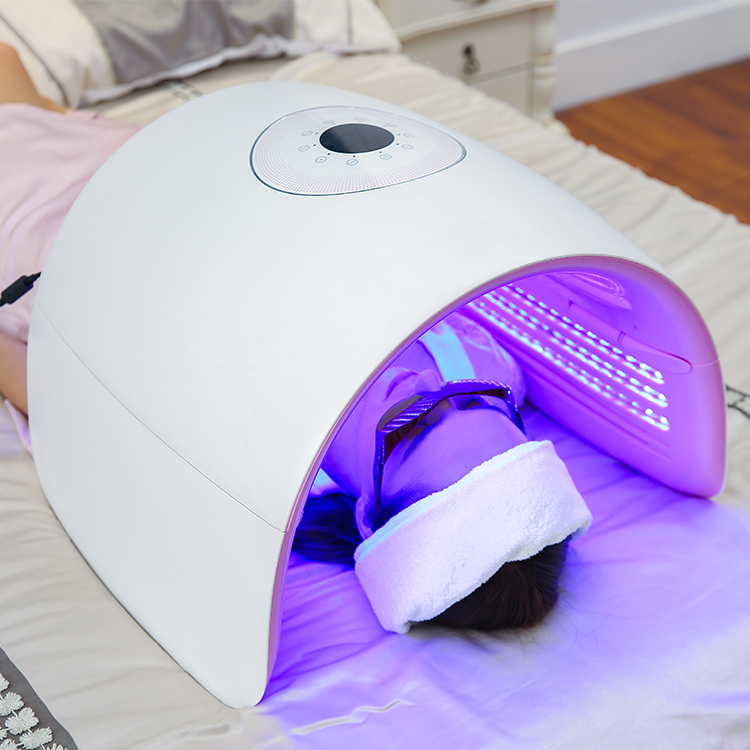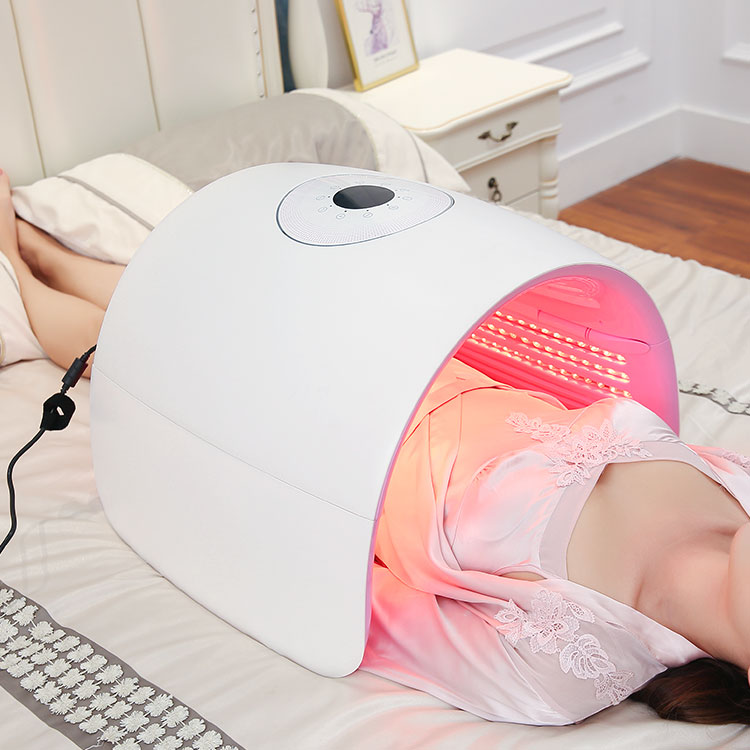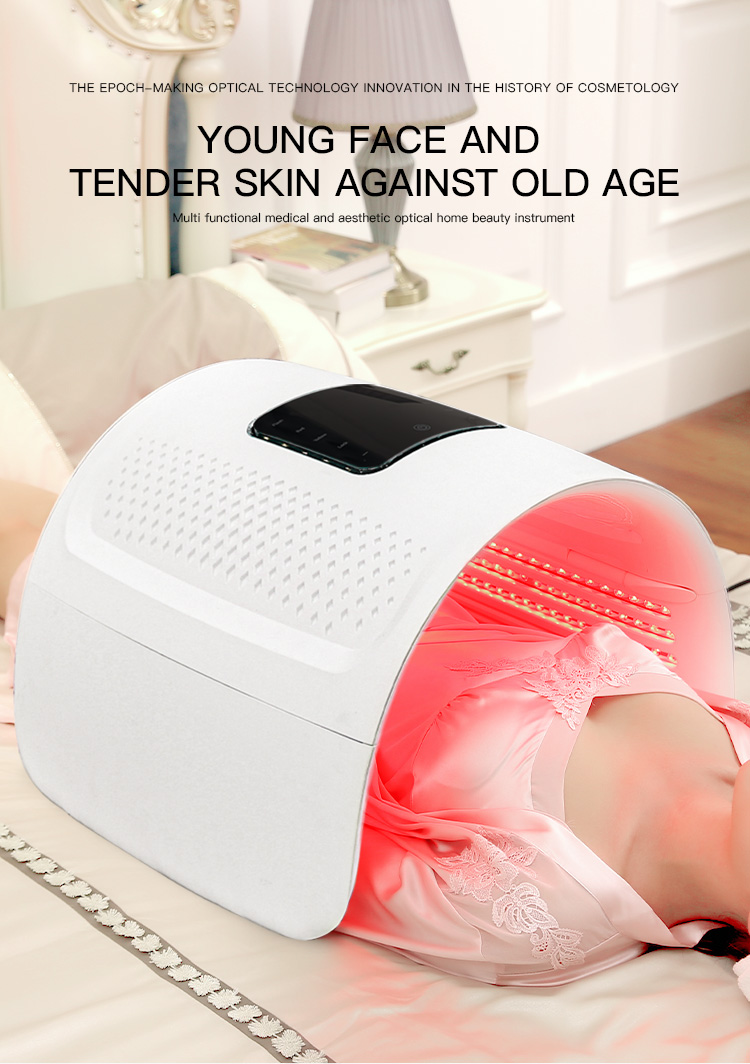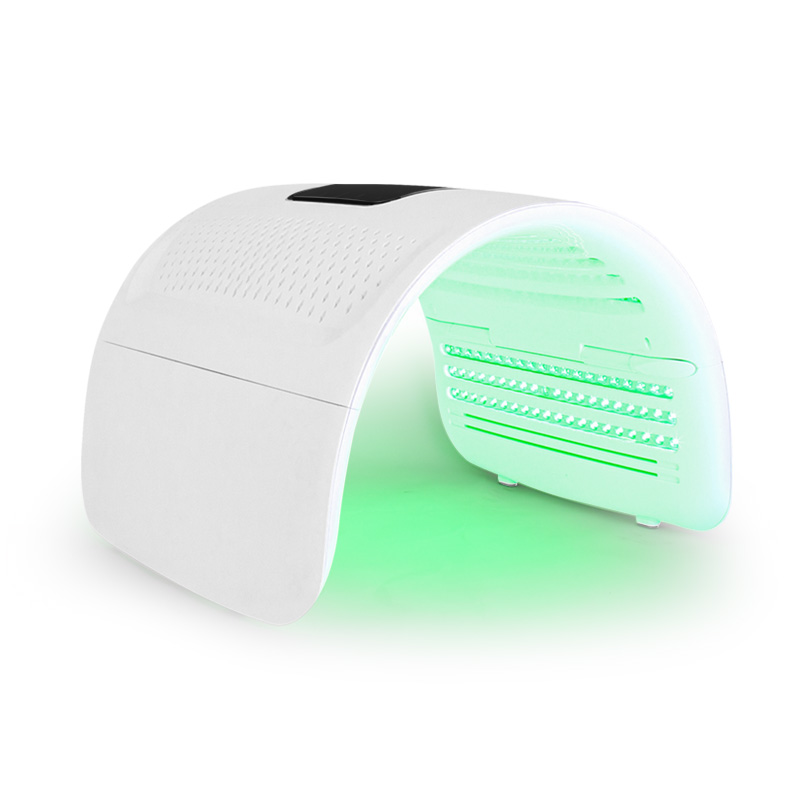Welcome to Shenzhen Bowei tech Co.ltd.


2021-05-10
PDT LED light therapy is a popular noninvasive skin treatment for acne, sun damage, wounds, and other skin problems.
People can choose to have LED light therapy at a dermatologist’s office or to use a device at home.
The treatment uses varying wavelengths of light to trigger the skin’s natural healing processes to repair the skin. Several treatments are necessary to see results.
In this article, we explore how LED light therapy works and who might be a good candidate. We also cover the possible side effects.
What is it?

LED stands for light-emitting diode. These lights have been in use since the 1960s, but people have only recently begun to use them as a skin treatment.
NASA originally developedTrusted Source LED lights for plant growth experiments in space.
However, since then, LEDs have shown promising results in wound healing and human tissue growth.
Different wavelengths of light in LED lights, including blue and red, penetrate the skin at different depths. This penetration may trigger biological processes that help the skin rejuvenate and heal.
BLUE (823nm)
It is very helpful for eliminating acne bacteria, inhibiting sebaceous glands and resting allergic skin.
RED (876nm)
Whitening and rejuvenating skin and removing yellow spots
For skin cell regeneration, it stimulates collagen regeneration, alleviates acne scar, relieves wrinkle skin pain and activates active ingredients.
GREEN (852nm)
It can also provide deep cosmetology for skin and promote the metabolism of skin cells and the secretion of collagen.
YELLOW (730nm)
Effect of Deep Repair on Freckle Removing and White Skin

Uses and benefits
LED light therapy can help treat a variety of skin problems, including:
acne
dermatitis
dull skin
eczema
psoriasis
rosacea
scarring
signs of aging, including wrinkles and age spots
sun damage
wound healing
other inflammatory skin conditions
One of the main benefits of LED light therapy is its safety record. According to researchTrusted Source, LED light therapy has an excellent .
Safety profile
It does not contain UV rays, which can be harmful to the skin. Therefore, LED therapy is suitable for regular use.
Unlike chemical peels or laser therapy, LED light therapy does not cause burns. The treatment is also safe for all types and colors of skin.
Safety and side effects
In general, PDT LED light therapy is safe. The procedure is noninvasive and does not cause burning or pain. However, experts caution that the long-term effects of these devices remain unknown.
Short-term side effects are rareTrusted Source. When they do occur, they may include:
inflammation
rashes
skin redness
tenderness
Individuals should not use LED therapy if they take certain medications, such as isotretinoin (Accutane), for acne or use topical treatments that cause sensitivity to sunlight.
People with skin conditions should speak to a dermatologist before using PDT LED light therapy.

How to use?
PDT LED light therapy can take place at a professional’s office or at home using a home device.
During a professional treatment, the dermatologist may ask the person to lie down under LED lights, or they may use an LED wand on the skin.
Each session lasts approximately 20 minutes, and up to 10 sessions may be necessary.
After this, a person may need to return periodically for maintenance sessions.
At-home LED devices may be more convenient because no appointments are necessary. However, they may be less effective than professional treatments.
When using an at-home device, it is important to follow the manufacturer’s instructions. These devices typically come in the form of a mask that a person applies to the face for several minutes or a wand that they use on the skin.
LED light therapy is suitable for use on any body part, including the face, hands, neck, and chest.
Following treatment, no recovery time is necessary.

Summary
PDT LED light therapy appears to be a safe treatment for several skin conditions, including acne, skin aging, skin wounds, and other problems.
Research indicates that this therapy offers promising results, although people should not expect a 100% improvement. Also, the results are not always permanent, so follow-up treatments may be necessary.
Professional treatments are typically more effective than at-home treatments.
People who would like to know more about PDT LED light therapy should speak to a dermatologist.
contact sales@bowei-ch.com now !
Déjanos tu mensaje y te responderemos a la brevedad